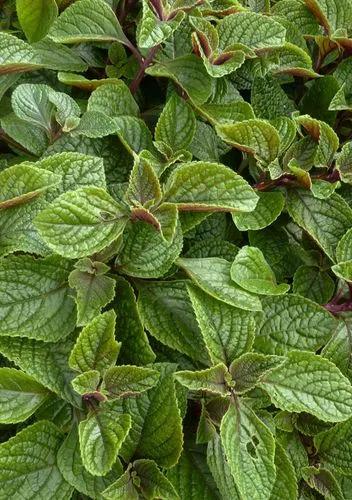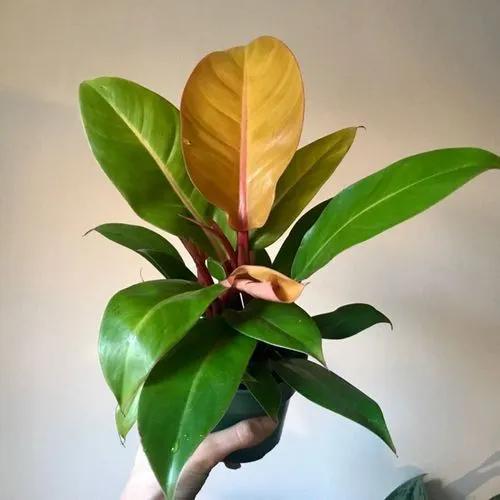Evergreen perennials Philodendrons differ from plants of other genera of the Aroid family by a variety of life forms and the secretion of milky juice containing rubber by inflorescences, stems, leaves, and roots. Plants of the genus Philodendron are numerous in their places of growth compared to other plants, playing an important role in the ecosystem.
Philodendrons Care
Philodendron



Philodendrons (Philodendron) is a large genus of evergreen flowering perennial plants of the family of Aroids (Araceae), around several hundred species that can be conditionally divided into two kinds: vines with aerial roots and tree-like. Philodendrons are common in Mexico and South America. Most species grow in tropical rainforests, but some also in swamps, along river banks and roads, and on rocks.
How to Care for the Plant

Water

The watering of philodendrons must be regular and limited in winter. Make sure the soil is always moist except between waterings, as the top layer of a substrate should dry. Spray such plants regularly in spring and summer as well as in winter if there is a heating system nearby.

Pruning

Prune philodendrons all year round, but the best time is during spring or fall.

Fertilizer

Feed Philodendrons twice a month from mid-March to January with light-balanced mineral fertilizer. Indoor plants respond well to fertilizers with equal percentages of nitrogen, potassium, and phosphorus, but their concentration should be lower than specified by manufacturers.

Sunlight

These plants need a bright, sunny location with partial shade, such as in the middle of a room or hallway, because they do not tolerate bright sun and direct sunlight.

Soil

The substrate for this tropical plant should be slightly acidic, light, porous, breathable, and nutritious at the same time. Take soil for orchids from charcoal, sphagnum moss, and peat as a basis. Further, add perlite or sand, peat, and leaf (grass) humus.

Propagation

Philodendrons reproduce vegetatively by apical or stem cuttings from two internodes, as well as by a leaf with a heel.

Temperature

Indoors, Philodendrons grow best at an air temperature of 59-71 ̊F (15-22 ̊С). The temperature in winter must be at least 54-59 ̊F (12-15 ̊С).

Container

The pot should not be tight or too large.

Fun fact

Philodendron is a plant that purifies indoor air from harmful impurities; some species are even used for medicinal purposes. It has been cultivated as a houseplant since Victorian times.

Popularity

2,028 people already have this plant 814 people have added this plant to their wishlists
Discover more plants with the list below
Related articles






